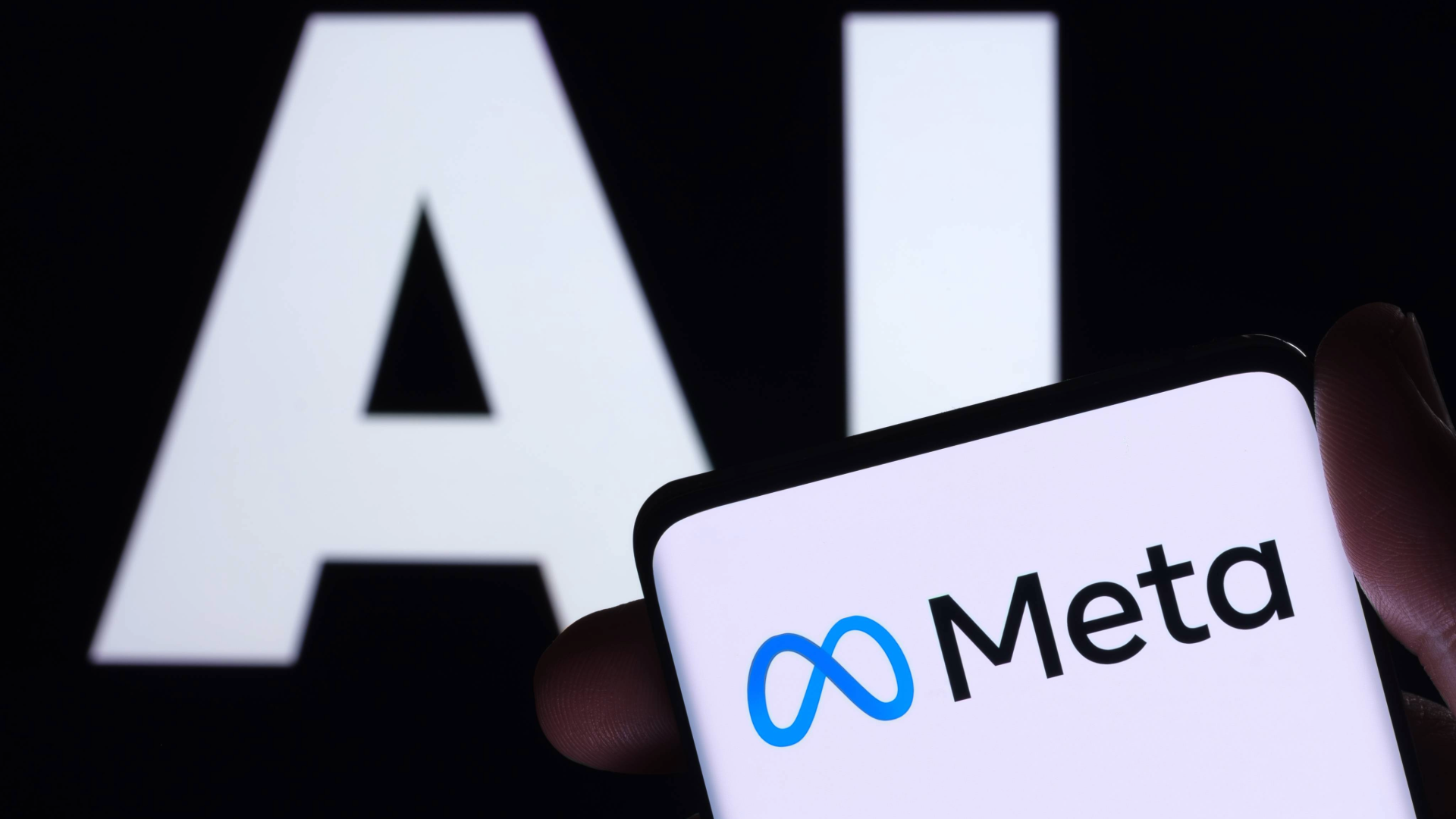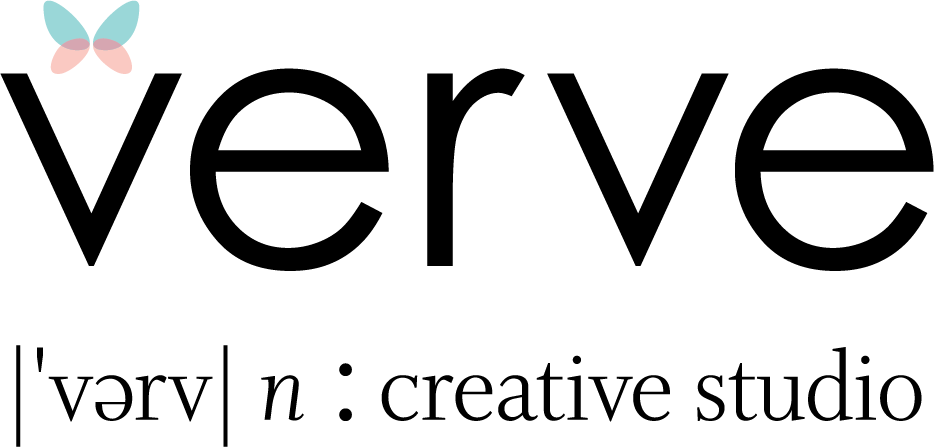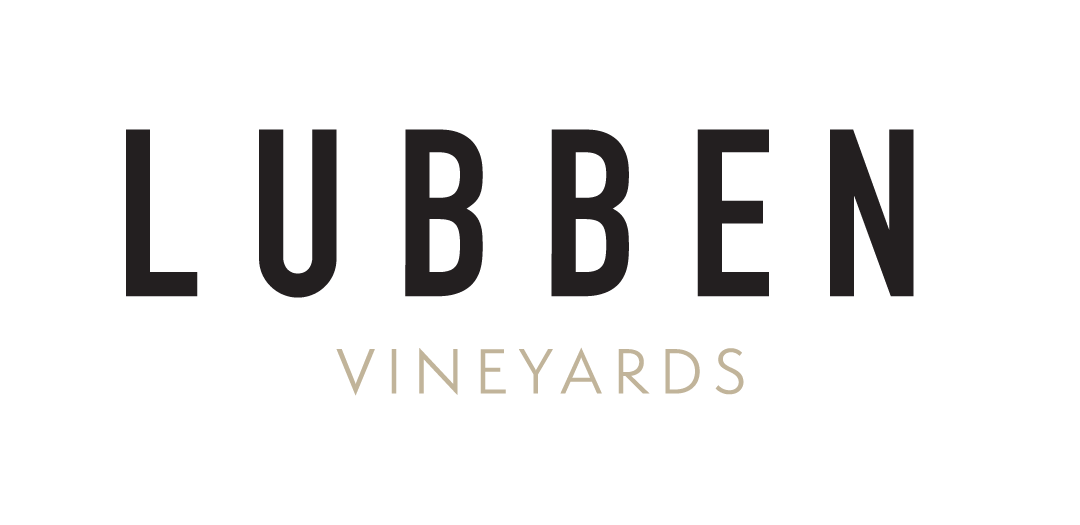
As we approach 2025, social media marketing is rapidly evolving. This article highlights some essential social media trends, platform updates, and the importance of creative professionals, emphasizing AI’s role as a supportive tool and not a replacement in the human creative process.

Social Media Platform Updates [2025]
Several major social media platforms are rolling out updates that promise to enhance user experience and provide more tools for marketers. From Facebook’s AI-powered chatbots and customizable avatars to YouTube’s extended Shorts and focus on authenticity, these changes are set to shape the way we create and engage with content.
Facebook is set to introduce several updates in 2025. A key change is the enhancement of AI-powered chatbots, which will make customer service and product discovery more seamless. Additionally, Facebook will phase out third-party AR filters to focus on its own effects. Avatars will become even more customizable with AI-powered design tools. These updates aim to improve user experience and give businesses more tools to engage their audience.
YouTube
YouTube will also be rolling out significant updates in 2025. The platform will extend YouTube Shorts to three minutes, providing more detailed short-form content. This change is expected to enhance cross-platform content strategies. Additionally, YouTube will focus on authentic, straightforward videos, moving away from over-the-top, sensational content. These updates will help marketers create more engaging and relatable content catering to a broad demographic reach.
Instagram is enhancing carousel posts, allowing up to 20 frames and mixed media formats. The platform is also shifting its focus from hashtags to content-based algorithmic recommendations. Businesses can now create more dynamic and engaging carousel ads.
Tip: Take advantage of the extended carousel feature to tell a more comprehensive story or showcase multiple products in a single post.
TikTok
TikTok is introducing AI-powered content creation tools and expanding its educational content with the STEM feed. The platform also diversifies with new apps like Lemon8, blending Instagram and Pinterest functionalities. TikTok’s AI tools can help marketers create more engaging and relevant content.
LinkedIn is focusing on personalized content and strategic influencer collaborations to enhance professional networking and B2B engagement. LinkedIn’s algorithm now prioritizes content more relevant to individual users’ interests and professional needs.

Emerging Social Media Marketing Trends
Several key trends are shaping the future of social media marketing. While artificial intelligence can enhance these trends, brands must maintain a human touch and authenticity in their messaging.
Social SEO
Social media platforms are becoming search engines. Optimizing content for searchability with strategic keywords and hashtags will be essential for visibility and engagement. For example, YouTube is the second largest search engine after Google, making SEO crucial for video content.
Tip: Research relevant keywords and hashtags for your industry and incorporate them into your social media posts to improve discoverability.
AI-Generated Content: A Tool, Not a Replacement
AI tools are becoming central to content creation, from generating captions to crafting entire posts. While platforms like Jasper and Copy.ai can produce text quickly, over-reliance on AI-generated content can result in a disconnect with audiences who value authenticity. It’s best to leverage AI for repetitive tasks, such as data analysis or content scheduling. This allows marketers to focus their energy on crafting meaningful content. Creativity should remain at the heart of marketing efforts, with AI enhancing the process rather than taking over entirely.
Immersive AR & VR Experiences: Engage with Caution
Augmented and virtual reality are set to revolutionize social media by offering immersive brand experiences. For example, IKEA’s AR app lets users virtually try furniture before purchasing. Brands can use AR filters and VR experiences to captivate audiences in unique ways, but marketers should be mindful of overuse. The novelty of AR/VR could wear off if these technologies are over-relied upon or used in a way that feels forced. Ethical marketing means balancing innovation with genuine engagement—using technology to create experiences that align with the brand’s values and resonate with the audience on a deeper level.
Social Commerce: Where Shopping Meets Social
Social commerce—the ability to shop directly on platforms like Instagram or Facebook—will continue to grow in importance. However, brands must create seamless, user-friendly shopping experiences prioritizing the customer’s journey. Marketers should focus on integrating e-commerce features into their social media profiles without overwhelming their followers with constant sales pitches. Authenticity and value should still take center stage, even within transactional contexts.
Short-Form Video: Engaging Creatively
Short-form video has become dominant through platforms like TikTok, Instagram Reels, and YouTube Shorts. Brands need to create concise, impactful videos that grab attention quickly. However, while AI can assist with optimizing video formats, the creative genius behind the camera still makes content shine. Using AI to edit video content can also streamline production. Still, each video’s storytelling, emotional connection, and personality should come from human creators who understand their audience’s needs and interests.
Social Media as a Customer Service Hub: A New Approach
Social media has become a critical channel for customer service, with many businesses investing in dedicated teams to handle inquiries in real time. While AI-powered chatbots can handle simple queries, brands mustn’t overlook the need for human involvement in complex or sensitive interactions. Customer service is an area where the ethical use of AI is crucial—AI should assist in providing fast responses but not replace the empathy and personalized care that human agents offer.

The Increased Role of AI and Ethical Considerations
As you can see, AI will continue to shape social media marketing in 2025; therefore, now more than ever, it is crucial to approach its use ethically. Ethical marketing means recognizing the limitations of AI and using it as a tool to enhance—not replace—the artistry, empathy, and authenticity of human marketers.
Creativity and Emotional Connection
Sure, AI can analyze data but struggles with understanding emotions and generating content that resonates on a human level. A marketing message generated purely by AI may be accurate, but it lacks the nuance, empathy, and cultural sensitivity a human can provide. Brands should always ensure that human creativity drives their marketing efforts to maintain an emotional connection with consumers.
Originality and Avoiding Creative Conformity
AI excels at processing existing data but can also produce repetitive content lacking originality or substance. Overusing AI can lead to content that feels stale or generic. Therefore, marketers should use AI tools to aid in routine tasks but leave the big creative decisions to human minds who understand the brand’s story, audience, and unique voice.
Personalization and Ethical Sensitivity
AI is good at personalizing content based on user data, but it often lacks the cultural sensitivity and understanding of context that a human creator can offer. Human marketers are more adept at understanding cultural nuances, ensuring that content aligns with the values of diverse audiences, and avoiding potential missteps. Personalization should always be balanced with empathy, understanding, and cultural awareness to ensure that the content resonates with people and is respectful.

Strategies for 2025 and Balancing Automation with Human Creativity
To navigate the balance between using AI and maintaining an authentic brand voice, businesses can implement the following strategies:
Human Review and Personalization
Use AI for content ideation and generation, but ensure a human marketer reviews and refines all AI-produced content. Adding personal insights, cultural sensitivity, and emotional intelligence ensures content is authentic and resonant with the target audience.
Transparency in AI Usage
Be transparent about when and how AI is used in content creation. Informing audiences that AI is being utilized can help build trust and reinforce ethical marketing practices.
Incorporate Unique Brand Voice
Keep your brand’s voice consistent even when using AI tools. AI can generate generic content but crafting a message that aligns with the brand’s values, ethos, and personality takes a human touch.
Use AI for Efficiency, Not Creativity
Leverage AI to handle routine and repetitive tasks such as data analysis, content scheduling, or creating templates. This frees time for creative professionals to focus on high-level strategies, story development, and emotional engagement.
Blend Data-Driven Insights with Creative Innovation
Use AI’s data capabilities to inform creative decisions. However, ensure that the final product reflects the innovative, out-of-the-box thinking only human marketers can provide. AI can identify trends, but only humans can create emotionally engaging content that captures the audience’s heart.
If You Sell Products Online, Integrate Social Commerce
Integrate social commerce and optimize your social media profiles for shopping by tagging products in posts and stories. Ensure the checkout process is seamless.
Create Short, Impactful Videos
Focus on creating short videos that tell a story or provide value within the first few seconds to keep viewers engaged. Invest in professionals and/or good video production equipment and storytelling techniques to create compelling video content that captures your audience’s attention.
Balance Chatbot and Human Customer Service
Train your social media team to handle customer service queries promptly and professionally and use chatbots to respond instantly to common questions.
As we head into 2025, social media marketing is all about blending tech advancements with good old human creativity. Sure, AI is great for streamlining tasks, personalizing content, and crunching data, but it can’t replace the magic of human originality, emotional connection, and storytelling. Think of AI as your trusty sidekick, not the star of the show. By mixing AI’s efficiency with human creativity, brands can craft authentic, impactful content that truly resonates with their audience and shines in the crowded digital space.
Sources:
26 Predictions for Social Media Marketing in 2025 | Social Media Today
Facebook Updates 2024: Top Features and What’s Coming in 2025
YouTube Updates for 2025: What Marketers Need to Know : Social Media Examiner
YouTube Updates: A Marketer’s Guide to Success 2025
ChatGPT Blog Writing Tips for 2024: A Simple Step-by-Step Guide | Marketing.Biz
Want more tips delivered straight to your inbox?
SUBSCRIBE TO OUR NEWSLETTER
Stay ahead in the world of branding, creativity, and social media marketing with insights, tips, and real-life success stories. Whether you’re a creative entrepreneur or a small business owner, our blog serves up fresh perspectives and actionable advice to elevate your brand—without the jargon.






















 Just giving you the heads up: We use cookies and other tracking doodads to make your browsing experience as sweet as a freshly baked batch (Website
Just giving you the heads up: We use cookies and other tracking doodads to make your browsing experience as sweet as a freshly baked batch (Website